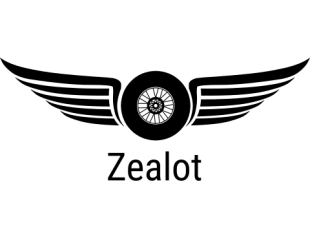My son is throughly confused with this one...
buffer vs bumper
...I think Thomas the Tank is responsible for messing him up on that one.
buffer vs bumper
...I think Thomas the Tank is responsible for messing him up on that one.
Here's a link to the UP site for signals UP: Locomotive Horn Signals
Someone once told me that these are universal, so a railroad employee anywhere in the world, would know what the signals mean.... But I'm not positive that's accurate...
My son is throughly confused with this one...
buffer vs bumper
...I think Thomas the Tank is responsible for messing him up on that one.
bumper = buffer stop.
I have a friend who prides himself on being bilingual on railway matters. he was helping at a British sales table at a show and someone asked if they had "trucks". He translated this to "bogies" and produced some; turned out the fellow wanted "lorries" (highway trucks).
I work on a glossary of terms every so often; it's a major task.
try also:
Vacuum pipe(Br) = brake pipe = air bag.
Fully fitted (Br) = brakes on all cars controlled from the locomotive = normal (NA)
loose coupled (Br) = not continuous brakes and wagons joined with chains = not over here (NA)
"Grade crossing".I just thought of another one -- is "level crossing" British or is it used over here? I have heard it used, but usually by Brits. Is there a N. American equivalent?
Ahhhh Canada, where we spend half our time telling the Americans we are not British and the other half of the time telling the British that we are not American so that we have no time to be ourselves.
Robert, great topic, its nice to see the comparisons. I had never heard a caboose called a van until I started to model. Level crossing and grade crossing seem to be interchangeable.
Here's something to confuse you more:
In South Africa we call turnout/points "sets".
We mix EVERYTHING up- Example of a few: flatcar, carriage, caboose, wagon, freight train, goods train. Whatever your in the mood of saying.
When you're around American tourists you use their terminology and around British tourists their's.
AND then a third version in another language- Afrikaans (Comes from Dutch so it sounds similar).
It gets interesting!!
and then there are the times where they use the same word for quite different things, like "beer".

